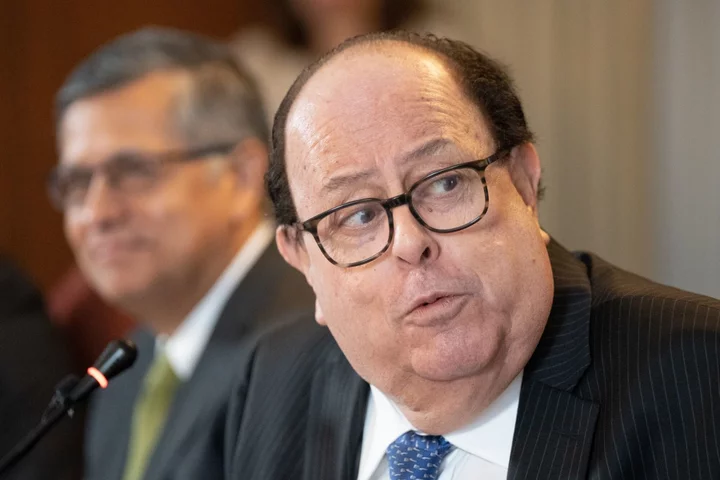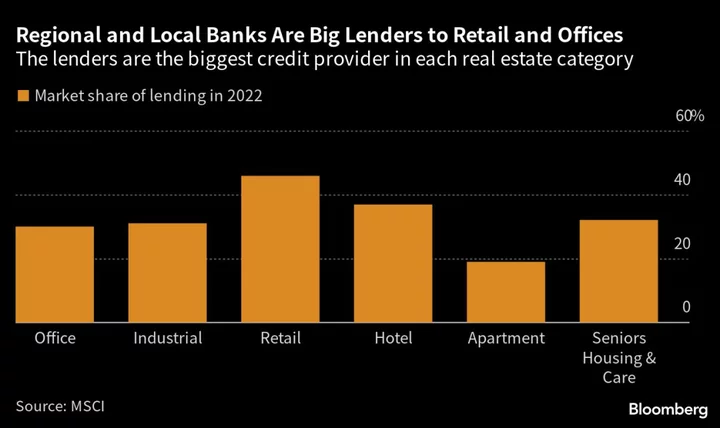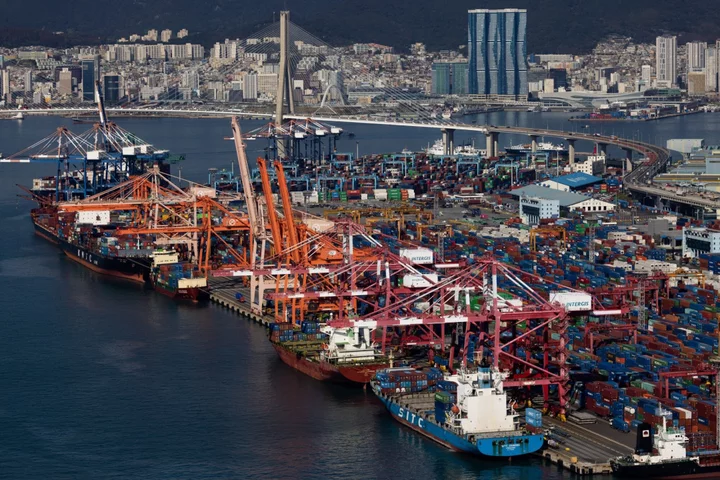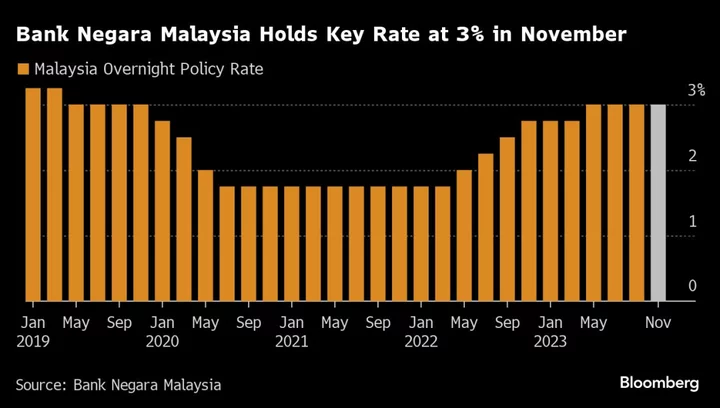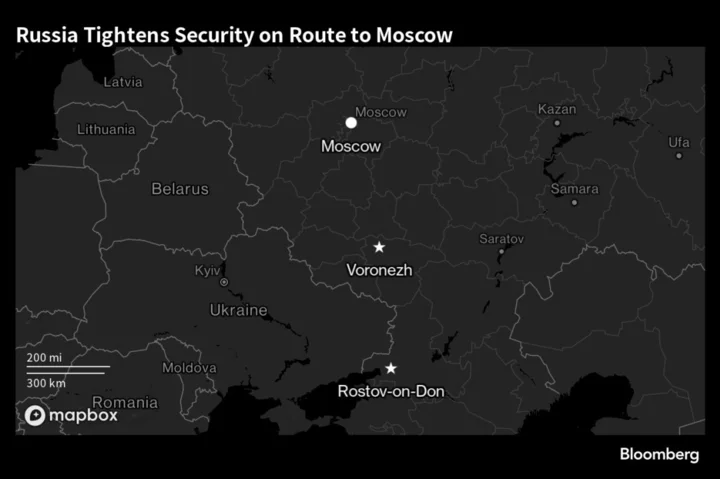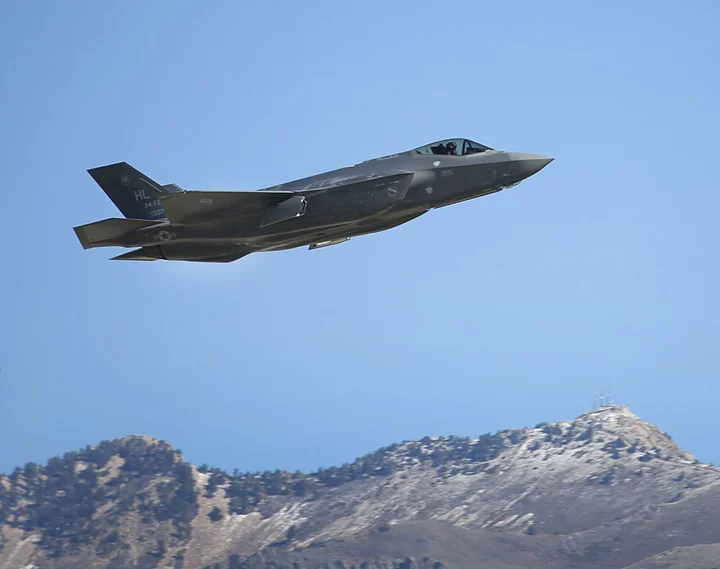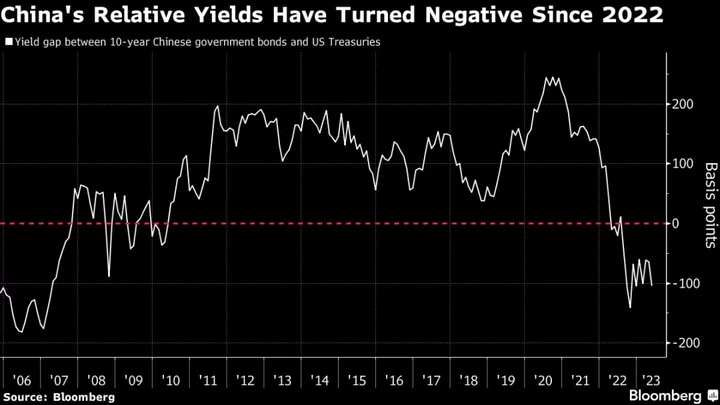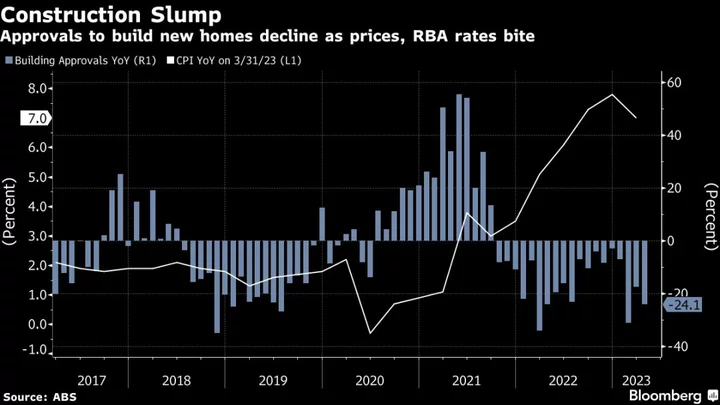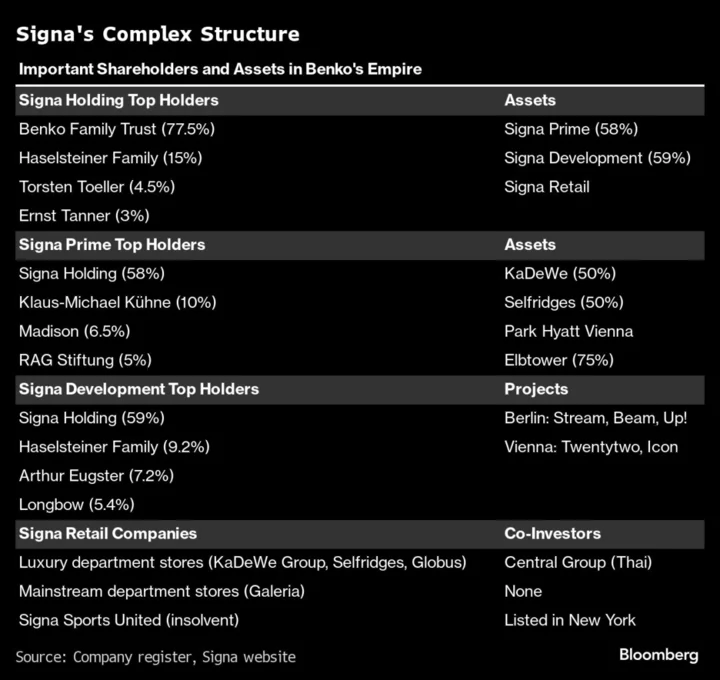Latin America’s longest-serving central bank chief has just stepped into a heated debate about the future of Argentina’s currency, apparently siding with those who defend the adoption of the dollar as an alternative to the peso.
“People should choose what currency they want to keep their money in,” Peru’s Julio Velarde told a conference of leading company executives in the Argentine city of Mar del Plata, drawing applause from the audience.
His remarks were interpreted as supporting the dollarization plan sponsored by Javier Milei, the libertarian candidate who seeks to win Argentina’s highest office in the Oct. 22 presidential election. Milei proposes the introduction of a stronger currency to stem Argentina’s chronic inflation problem, largely fueled by the central bank’s financing of government spending via money printing.
At home, Velarde has successfully fought inflation during his 17 years at the helm of the central bank. Peruvians are free to save their money or take loans in the local currency or dollars, and private banks offer accounts in both currencies.
The Peruvian monetary authority is expected to cut its benchmark interest rate by another 25 basis points on Thursday after an aggressive monetary tightening cycle that has brought inflation closer to the bank’s 1% to 3% target.
By contrast, Argentina’s inflation is running at more than 120% a year and likely to accelerate further as Economy Minister Sergio Massa, who’s also running for president, greatly increases public spending ahead of the vote.
Instead of adopting austerity measures, President Alberto Fernandez’s government has sought to curb the depreciation of the peso by implementing a series of foreign exchange controls, particularly on agriculture exports that are the main source of foreign currency in Argentina. The measures have been unable to support the national currency, which reached a record low of 884 pesos per dollar in parallel markets — 152% weaker than the official exchange rate.
“The agriculture exporter shouldn’t have to bring his dollars into the country, he should be able to leave all of his money abroad,” Velarde said. “This is the citizen’s money and they should decide in which currency they have it and where they keep it.”
After his presentation, Velarde declined to make specific comments about Milei’s dollarization proposal, saying he’d rather not get involved in Argentina’s domestic politics.
“There is a candidate talking about this and I cannot give my opinion about him,” he said.
--With assistance from Marcelo Rochabrun.

